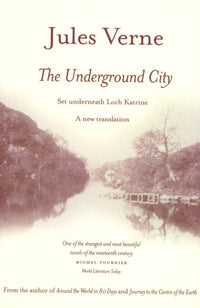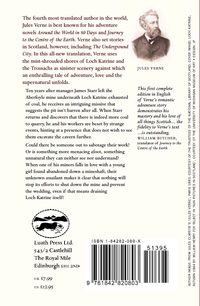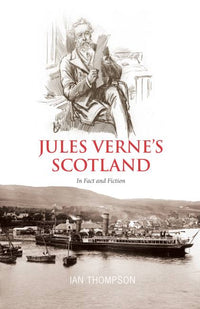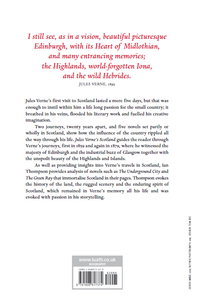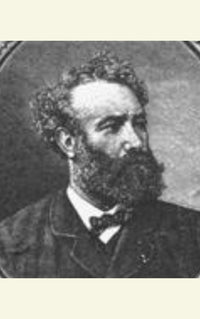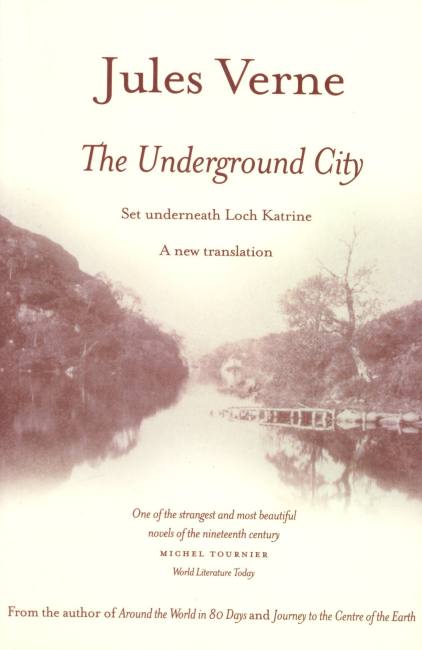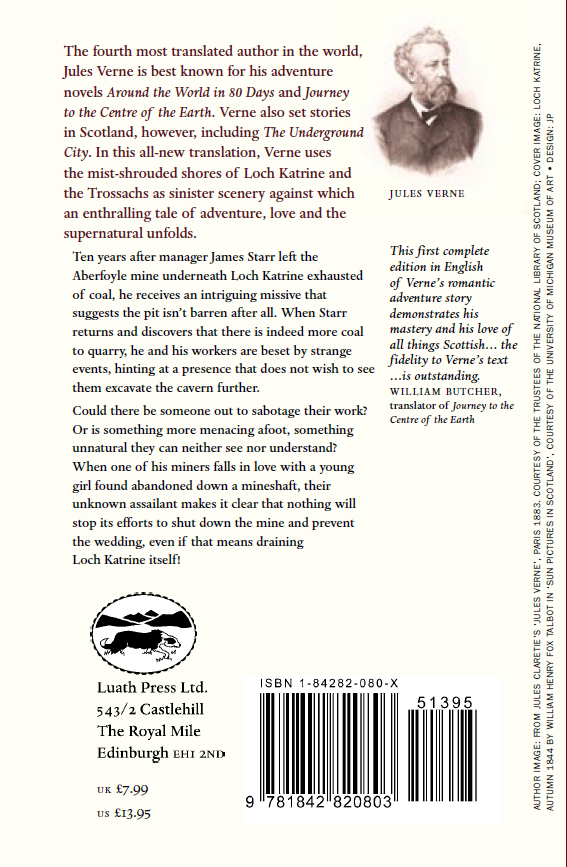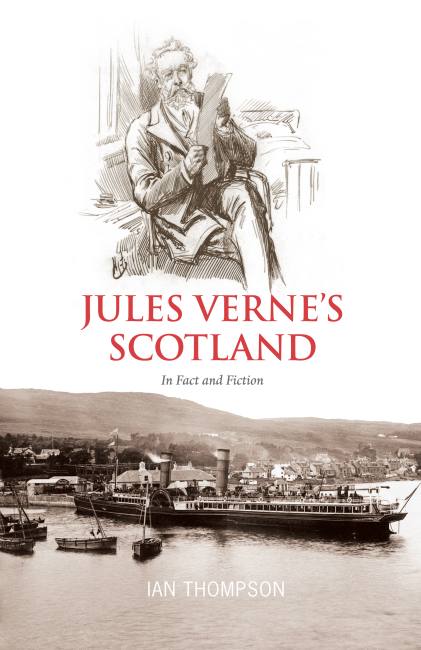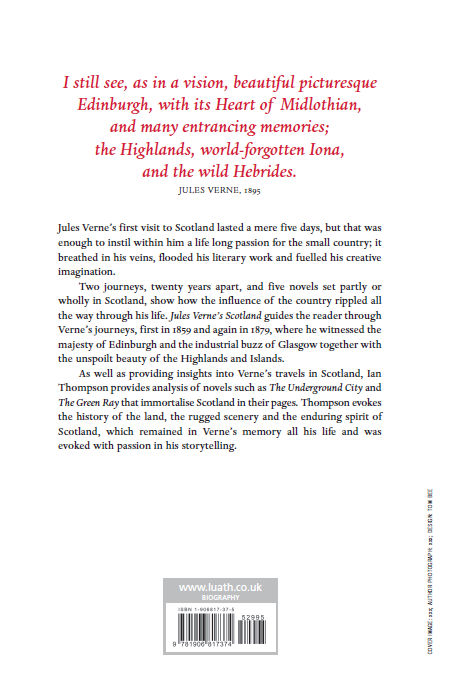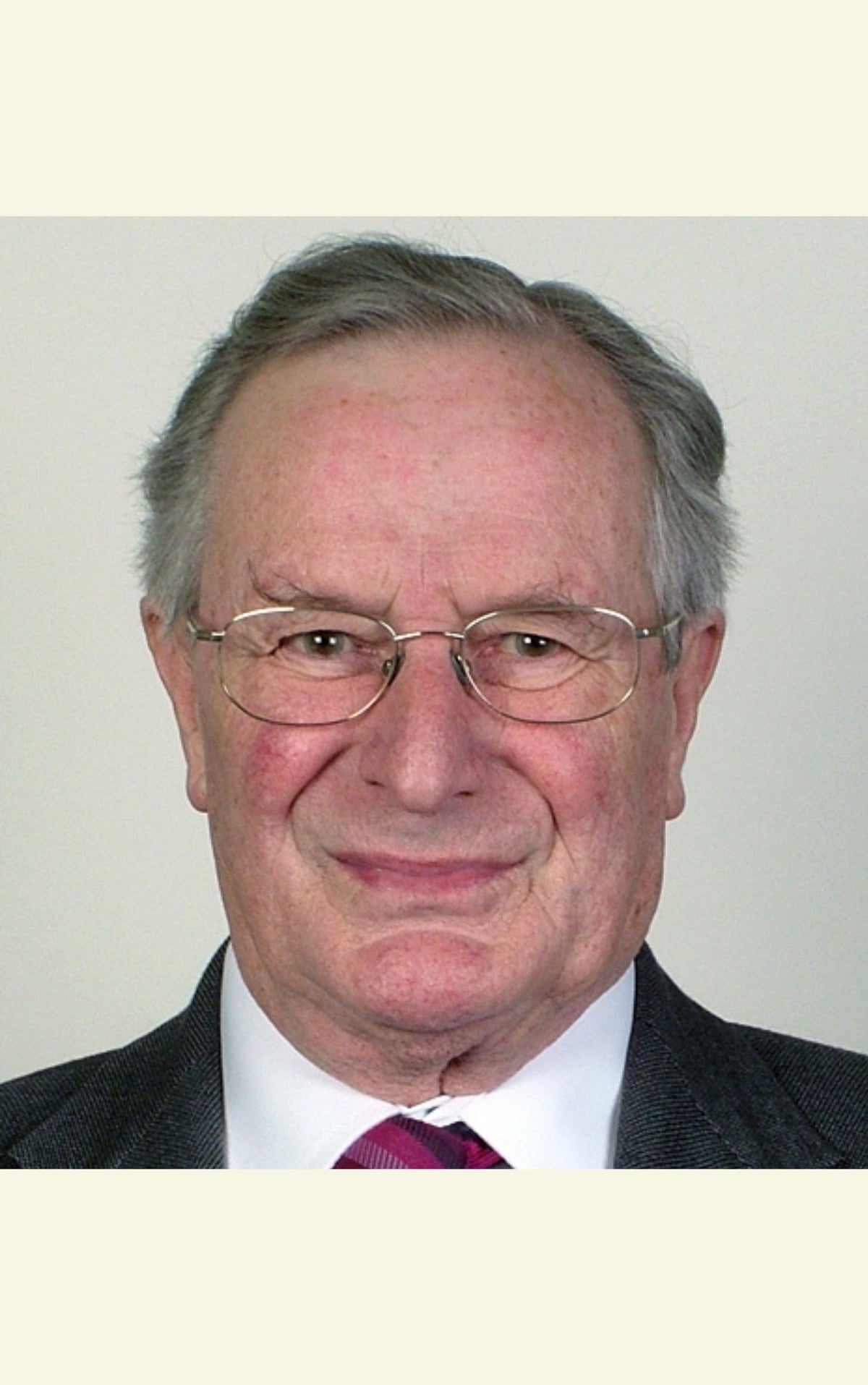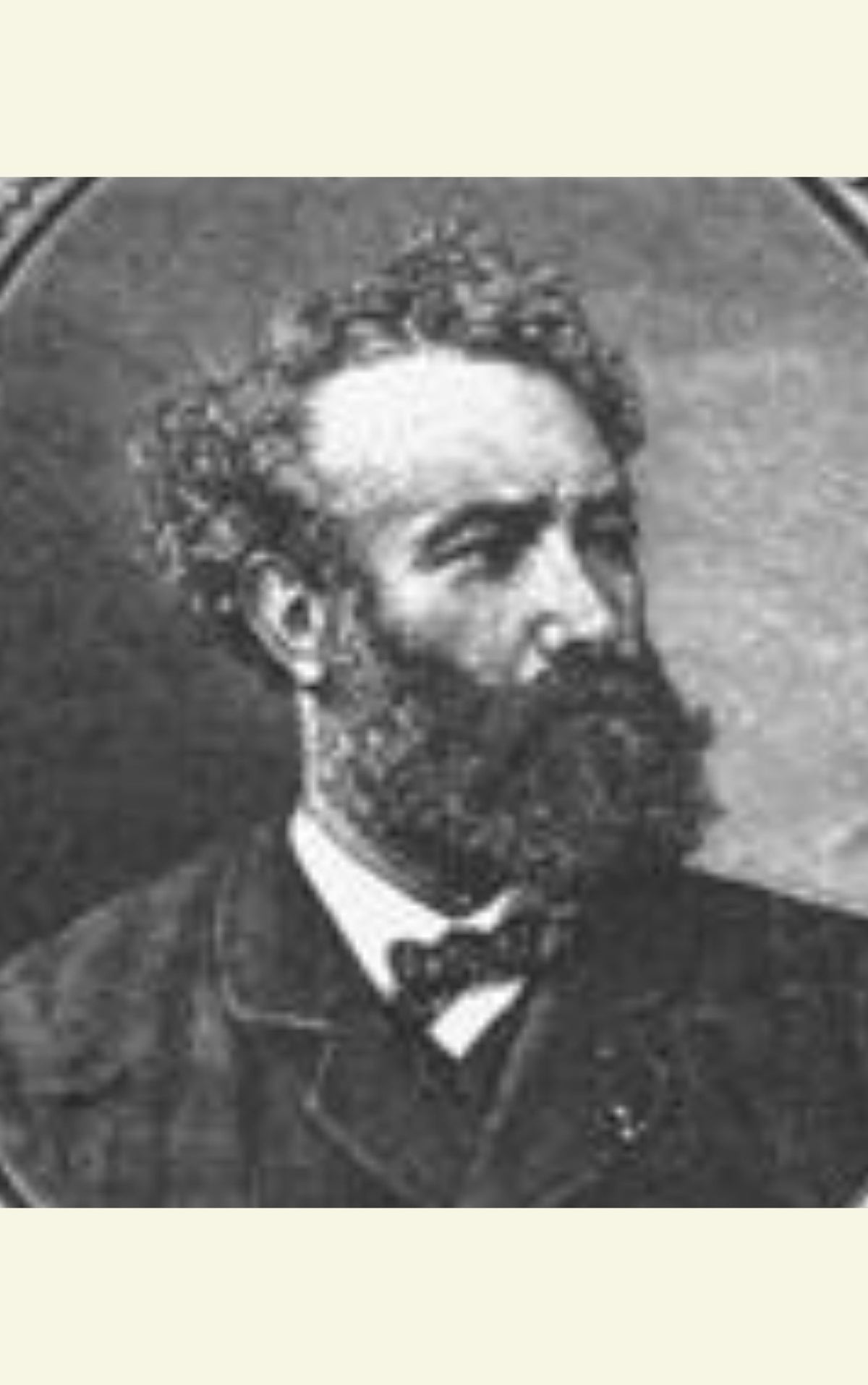Jules Verne Collection
- Regular
- £22.00
- Sale
- £22.00
- Regular
- £24.98
- Unit Price
- per
The Underground City by Jules Verne, 9781842820803
Jules Verne’s Scotland by Ian Thompson, 9781906817374
About The Underground City:
The fourth most translated author in the world, Jules Verne is best known for his adventure novels Around the World in 80 Days and Journey to the Centre of the Earth. Verne also set stories in Scotland, however, including The Underground City. In this all-new translation, Verne uses the mist-shrouded shores of Loch Katrine and the Trossachs as sinister scenery against which an enthralling tale of adventure, love and the supernatural unfolds.
Ten years after manager James Starr left the Aberfoyle mine underneath Loch Katrine exhausted of coal, he receives an intriguing missive that suggests the pit isn’t barren after all. When Starr returns and discovers that there is indeed more coal to quarry, he and his workers are beset by strange events, hinting at a presence that does not wish to see them excavate the cavern further.
Could there be someone out to sabotage their work? Or is something more menacing afoot, something unnatural they can neither see nor understand? When one of his miners falls in love with a young girl found abandoned down a mineshaft, their unknown assailant makes it clear that nothing will stop its efforts to shut down the mine and prevent the wedding, even if that means draining Loch Katrine itself!
About the Author:

JULES VERNE (1828-1905), French writer and pioneer of science fiction, whose best known works today are Twenty Thousand Leagues Under the Sea (1870) and Around the World in Eighty Days (1873).
Jules Gabriel Verne was born on February 8, 1828, in Nantes, France. His parents were of a seafaring tradition, a factor which influenced his writings. As a boy, Jules Verne ran off to be a cabin boy on a merchant ship, but he was caught and returned to his parents. In 1847, Jules was sent to study law in Paris. Later in 1850, Jules Verne's first play was published. His father was outraged when he heard that Jules was not going to continue law and discontinued the money he was giving him to pay for his expenses in Paris. This forced Verne to make money by selling his stories.
About Jules Verne's Scotland:
I still see, as in a vision, beautiful picturesque Edinburgh, with its Heart of Midlothian, and many entrancing memories; the Highlands, world-forgotten Iona, and the wild Hebrides. JULES VERNE, 1895
Jules Verne's first visit to Scotland lasted a mere five days, but that was enough to instil within him a lifelong passion for the small country; a passion which had a profound impact on his literary work and fuelled his creative imagination. Two journeys, 20 years apart, and five novels set partly or wholly in Scotland, show how the influence of the country rippled all the way through his life. Jules Verne's Scotland guides the reader through Verne's journeys, first in 1859 and again in 1879, where he witnessed the majesty of Edinburgh and the industrial buzz of Glasgow together with the unspoilt beauty of the Highlands and Islands. As well as providing insights into Verne's travels in Scotland, Ian Thompson provides analysis of novels such as The Underground City and The Green Ray that immortalise Scotland in their pages. Thompson evokes the history of the land, the rugged scenery and the enduring spirit of Scotland, which remained in Verne's memory all his life and was evoked with passion in his storytelling.
Reviews:
Verne's imagination may have taken him - and us - to the centre of the Earth and the bottom of the ocean; but it was to Scotland that it returned, over and over again. The Scotsman
Although the trip was short-lived, Verne’s experience of Scotland lived forever in his memory, sparking scenes and plots in future works. COLIN WATERS, News Net Scotland
About the Author:

IAN THOMPSON graduated from the Universities of Durham and Indiana. He held lecturing posts in the universities of Leeds, Southampton and Miami University Ohio before being appointed to the Chair of Geography at Glasgow University in 1976. He is now a Professor at the University of Glasgow, and a leading expert on Jules Verne. He was made an Honorary Life Fellow of La Société de Géographie (Paris) in 2003 and awarded the rank of Commandeur dans l’Ordre des Palmes Académiques by the French Government in 2005. He is an author, translator and editor of over 20 books on economic and social development.


